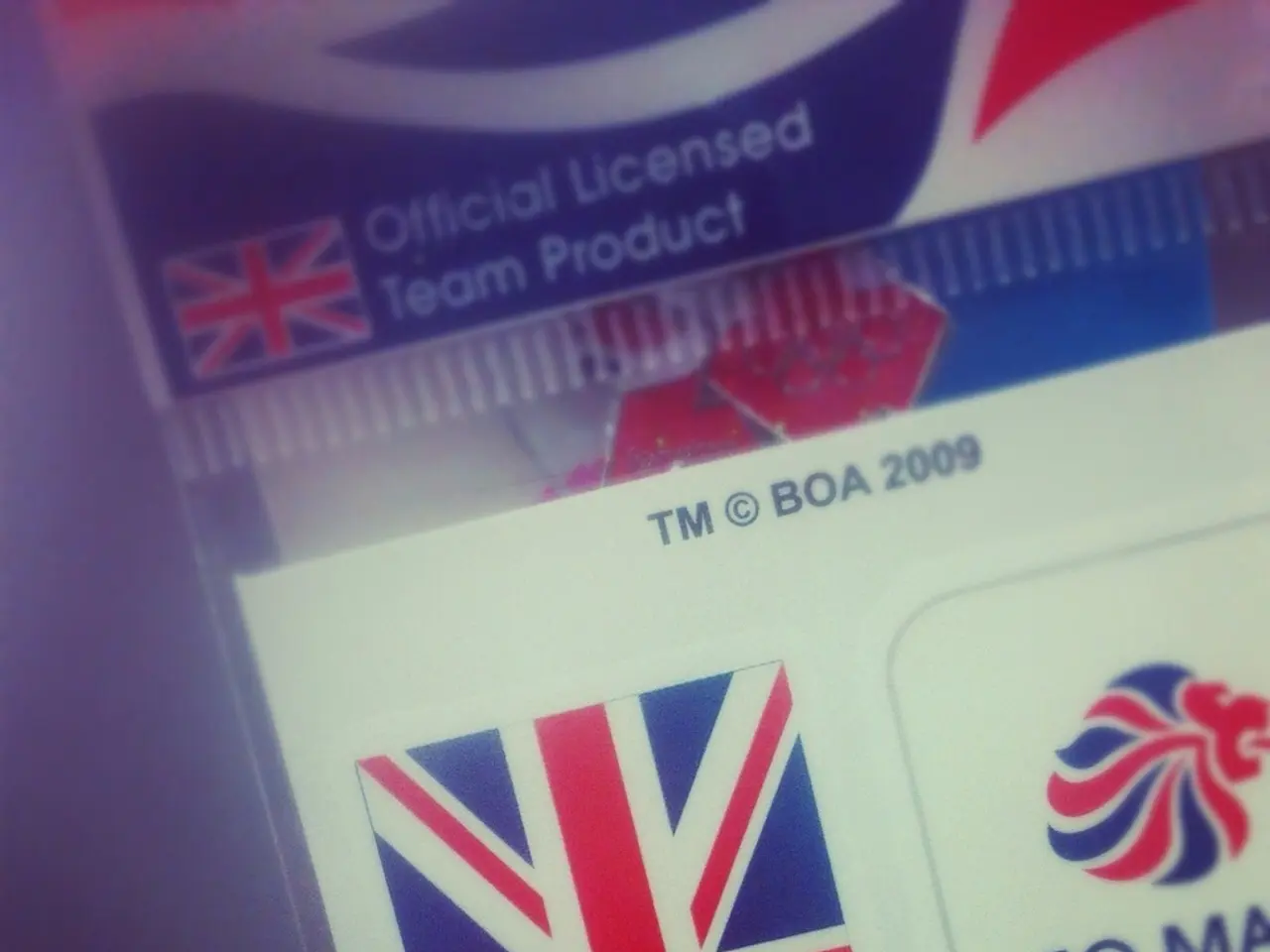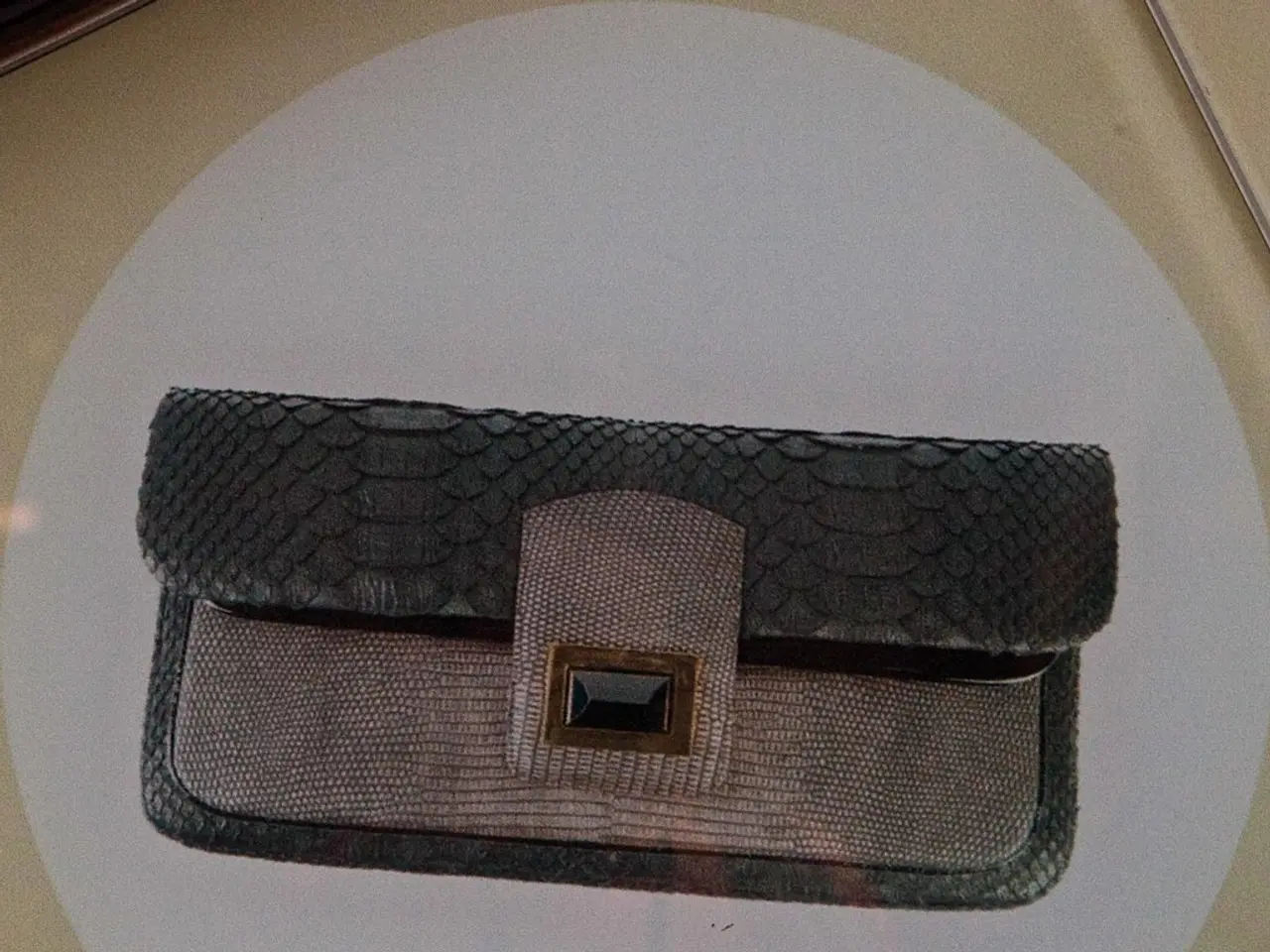Volkswagen poised for departure, Deutsche Bank advises buying stocks.
The EU-US Trade Agreement, while intended to stabilize trade relations, has left German automakers grappling with a challenging environment. The agreement imposes a 15% tariff on European car imports into the USA, impacting companies like Volkswagen, BMW, and Mercedes-Benz significantly [1][2].
This tariff adds a substantial cost to German auto exports, eroding profit margins and increasing the cost competitiveness of their vehicles in the US market. The additional costs come at a critical time as these companies transition their product lines from internal combustion engines to more expensive plug-in hybrid and battery electric vehicles [2].
The agreement also complicates the integrated transatlantic automotive supply chain, which previously benefited from tariff-free movement of parts under the USMCA. European suppliers with production facilities across North America now face tariffs on parts lacking sufficient North American content, potentially increasing costs and disrupting just-in-time manufacturing processes [2].
German and broader EU industry leaders have warned of potential consequences, including delayed investments, job cuts, and strategic moves such as relocating or increasing production in North America to bypass tariffs [1]. They also call for increased EU industrial subsidies, trade diversification, and renewed political lobbying to mitigate the impacts on the highly export-driven German economy [1][3].
In the short term, the tariff could lead to margin compression, forcing German automakers to accept lower profit margins or pass the cost onto consumers, risking reduced competitiveness versus US or other non-European brands [1][2]. Long-term effects could include product strategy changes, market diversification, and a renewed focus on EU trade and manufacturing [1].
Despite these challenges, Deutsche Bank remains positive on Volkswagen's stock, indicating that the bank does not see the EU-US trade agreement as affecting its positive outlook [4].
BMW experienced a 1.8% drop, reaching the bottom of the DAX, following the agreement [5]. The one-sidedness of the agreement has cast doubt on its nature, as mentioned by market expert Andreas Lipkow [6]. Interestingly, under the EU-US trade agreement, cars from the USA will be able to be imported into the European Union tariff-free in the future, confirmed an EU official in Brussels [7]. However, the specific impact of the EU-US trade agreement on the stocks of BMW, Mercedes-Benz, Porsche AG, Porsche SE, and Volkswagen has not been addressed in this paragraph.
The EU-US trade agreement is still being critically scrutinized, as previously mentioned [8]. While it has made business more predictable and temporarily benefited investors in the automotive sector on Monday [9], it does not appear to have reversed the negative trend in the automotive sector, as indicated by the earlier bullet points [10].
The 15% tariff in the EU-US Trade Agreement on European car imports negatively affects Germany's automotive industry, causing increased costs for companies like Volkswagen, BMW, and Mercedes-Benz, potentially leading to margin compression or price increases for consumers. Furthermore, the agreement complicates a previously tariff-free transatlantic automotive supply chain, impacting European suppliers with production facilities across North America, possibly resulting in increased costs and disruptions to just-in-time manufacturing.




